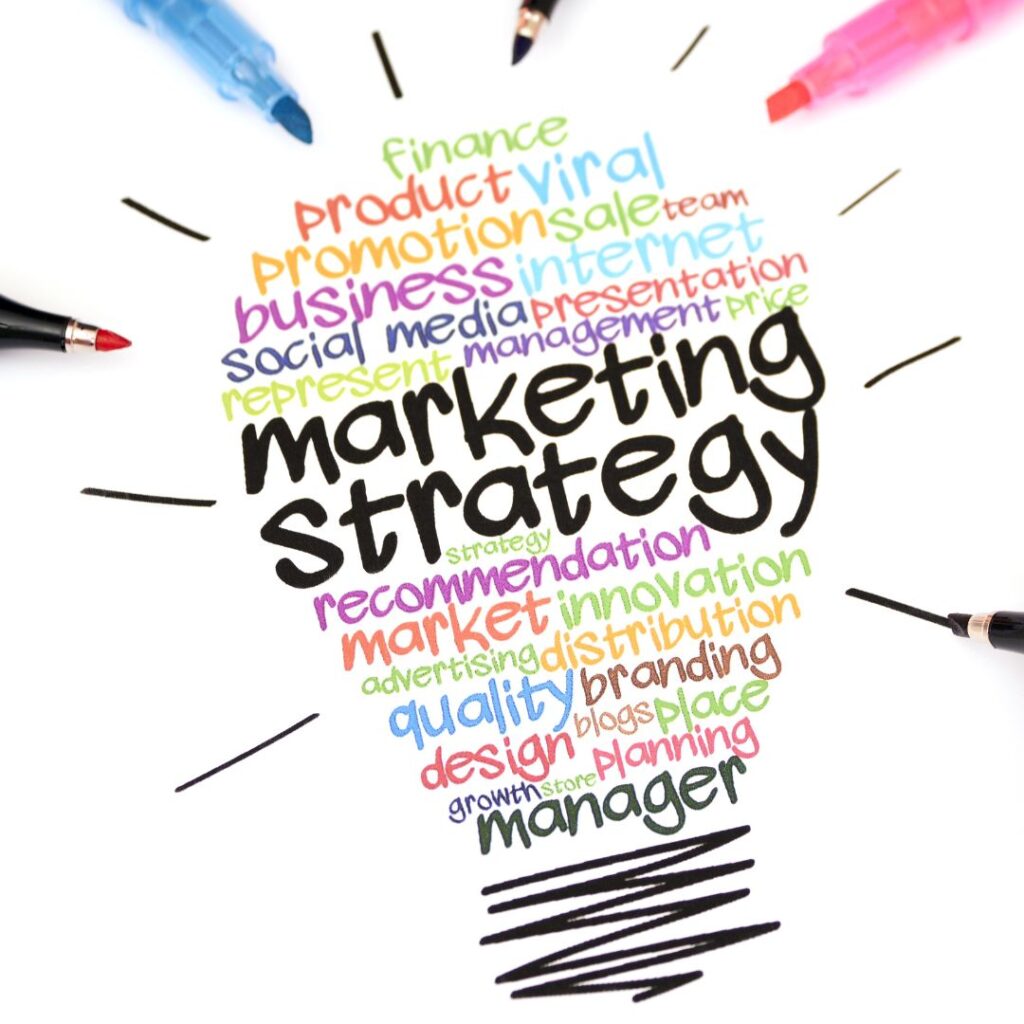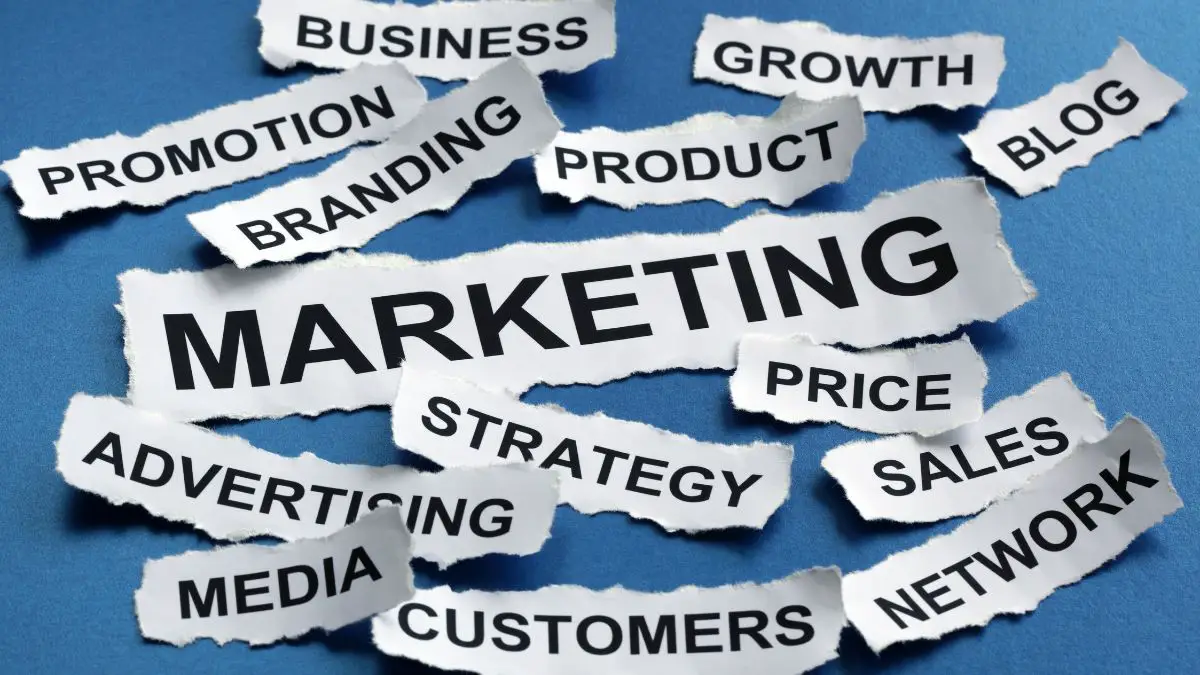Table of Contents
- Introduction
- The Essence of Marketing in Publishing
- Why Marketing is Indispensable in Publishing
- The Influence of Digital Marketing in Publishing
- How to Implement Marketing Strategies in Publishing Effectively
- Future Trends: Marketing and Publishing
- Conclusion: Embracing Marketing in Publishing
Introduction
Marketing is a vital element in the publishing industry. From targeting the right readers to driving book sales, the critical role of marketing in publishing cannot be overstated to get books noticed and connect them with interested audiences.
This write-up explores the indispensable role that marketing plays across the publishing industry. It will also analyze publishers’ traditional and digital marketing techniques and provide tips for implementing an integrated marketing strategy.

The Importance of Marketing in Publishing
In today’s crowded book marketplace, marketing is more important than ever. Books risk getting lost in the competition without marketing efforts to promote titles and authors. Marketing helps create awareness about new releases, builds engagement among target readers, and drives sales. If you love getting books to millions of people, then a marketing career in publishing is right for you.
For publishers, a strategic marketing plan is indispensable for maximizing the visibility and impact of their books. Understanding marketing principles empowers publishers to build their brand and connect with readers. By embracing marketing as an integral part of the publishing process, books are more likely to thrive.
This introductory section aims to convey why marketing matters in publishing. Next, we will explore exactly what marketing in publishing entails and the core elements of an effective strategy.
The Essence of Marketing in Publishing
Marketing is the lifeblood of the publishing industry. At its core, marketing in publishing involves promoting books, building author brands, and connecting with the target readership. A successful marketing strategy is multifaceted and requires coordinating various promotional activities to maximize exposure and sales.
Key Components of Marketing in Publishing
Some of the main elements of an effective marketing plan in publishing include:
- Identifying the target audience and understanding their interests, demographics, preferred formats, etc.
- Developing an author platform and brand through social media, websites, speaking engagements, etc.
- Creating eye-catching book covers and titles that capture attention.
- Securing book reviews, media coverage, and endorsements from influencers.
- Planning pre-orders, launch events, signings, and reading groups.
- Running targeted ads on social media, search engines, and niche websites.
- Leveraging email marketing to connect directly with readers.
- Optimizing metadata and keywords for discoverability online.
Customizing the Marketing Mix
While these strategies provide a strong foundation, the marketing mix must be tailored for each book, author, and target readership. Factors like genre, format, release date, and budget impact how marketing energies are allocated.
The balance between grassroots and paid marketing also varies. Ultimately, publishers and authors must continually test and refine their approaches based on performance data.
With a dedication to strategic marketing, authors can build their readership over time. By coordinating branding, promotions, and community-building, authors and publishers allow their books an excellent chance to find their intended audience in a crowded marketplace.
Why Marketing is Indispensable in Publishing
Marketing is crucial in the publishing industry by helping authors connect with readers. Even the best books may fail to find an audience without effective marketing. Here are some key reasons why marketing is indispensable for publishers and authors:
Boosting Book Sales
Marketing creates awareness about new book releases and promotes them to the target readership. This can directly translate into increased sales. Marketing strategies like social media campaigns, author events, and email newsletters help drive book sales by informing readers of titles they may be interested in.
Building Author Recognition
An author’s brand and platform can be built through marketing efforts like book tours, guest articles, and media appearances. This raises their visibility and establishes them as an authority in their niche. As authors gain more exposure, attracting readers to their books becomes easier.
Reaching the Target Audience
Publishers need to identify the right target audience for each book. Marketing helps segment readers and tailor promotions to resonate with the desired demographics. For instance, a cookbook may be marketed to food bloggers and home chefs. The ability to precisely reach the intended readership is key.
Driving Engagement
Marketing creates opportunities for engagement between authors, publishers and readers. Giveaways, Ask the Author events and book clubs allow deeper connections to form. This engagement leads to word-of-mouth promotion and loyal fans who eagerly await new releases.
In short, marketing in publishing generates buzz, builds audiences, and drives book sales. Without marketing, publishers miss out on revenue opportunities, and readers miss out on discovering new books. This makes marketing indispensable in the publishing ecosystem.
The Influence of Digital Marketing in Publishing
Digital marketing has revolutionized the publishing industry in recent years. With the rise of social media, search engines, and email marketing platforms, publishers now have many tools to promote books and engage readers online.
Social Media Promotion
Social media has become indispensable for book marketing campaigns. Platforms like Facebook, Twitter, and Instagram allow publishers to interact directly with readers, run targeted ads, organize giveaways and contests, and create “buzz” around new book releases. By strategically leveraging various social platforms, publishers can dramatically boost a book’s visibility and sales.
Search Engine Optimization
Search engine optimization (SEO) is another vital digital technique for publishers. Optimizing web content, metadata, tags, and backlinks can help discover a book.

Here’s how SEO helps book marketing:
1. Increased visibility: SEO techniques can improve a book’s online visibility. By optimizing for relevant keywords, a book’s website or an author’s page can appear higher in search engine results, making it more likely to be seen by potential readers.
2. Enhanced discoverability: Discoverability is a challenge with millions of books available. SEO can help overcome this by optimizing metadata, tags, and descriptions of books so they appear in search results when potential readers search for related topics or genres.
3. Targeted traffic: SEO allows publishers to attract targeted traffic. For example, if a book is about “healthy cooking,” optimizing for keywords related to this topic will draw users interested in healthy recipes or diet plans, increasing the likelihood of sales.
4. Cost-effective promotion: SEO is a cost-effective strategy for marketing books compared to paid advertising. Once the website or author page is optimized, it attracts organic traffic without ongoing costs.
5. Competitive advantage: A strong SEO strategy can give a book or publication a competitive edge. If two books are similar, the one with better SEO might get more visibility and, consequently, more sales.
Email Marketing
Email newsletters, promotions, and alerts are a direct line to a publisher’s audience. Segmenting mailing lists by reader interests allows customized recommendations and targeted promotions. Given the right strategies, email can generate higher returns on investment (ROI) than social media marketing.
Whether announcing a new release, offering a discount, or surveying readers, email keeps audiences engaged. A robust email strategy is indispensable for modern book marketing.
A publisher should build an email list of interested readers and send regular newsletters or updates to keep them engaged. Personalize your emails based on reader preferences and interests, and include exclusive content or offers to incentivize readers to stay subscribed. Monitor email metrics like open rates and click-through rates to measure the success of your campaigns.
How to Implement Marketing Strategies in Publishing Effectively
Implementing effective marketing strategies is crucial for publishers to promote their books and authors successfully. Here are some tips for integrating marketing into your publishing plan:
Conduct Market Research
Before developing a marketing strategy, research your target audience and the competitive landscape. Identify market trends, consumer needs and behaviours, and your competitors’ strategies. Where can most of the book’s audience and genre be found? This will allow you to craft targeted and differentiated marketing.
Develop a Marketing Plan
Create a comprehensive marketing plan that outlines your objectives, strategies, tactics, timelines, and budget. Include online and offline marketing activities like social media, email marketing, book tours, and advertising. Tie strategies back to your research.
Define clear and measurable goals for your marketing efforts. For example, you might aim to increase book sales by a certain percentage, grow your email subscriber list, or increase website traffic. Having specific goals will help you track your progress and determine the effectiveness of your strategies.
Build an Author Platform
Help your authors establish their brands and grow their readership. Guide them in developing websites, utilizing social media, creating content, getting media coverage, and connecting with fans.
A strong collaboration between publishers and authors is paramount in marketing books. The success of a book doesn’t solely rely on the quality of its content but also heavily depends on how well it’s marketed to potential readers. The author and publisher should have a unified vision for the book. This includes understanding the target audience, the book’s unique selling points, and the overall marketing strategy.
The author is not just a book creator; they are part of the product sold. Their brand, reputation, and network can be leveraged to promote the book. The publisher’s marketing efforts can guide authors in building their platform and using it effectively to engage with fans, appear at events, and generate buzz.
Harness the Power of Social Media
Promote books and authors through Facebook, Twitter, Instagram, and TikTok. Share excerpts, quotes, videos, and images. Interact with readers and book communities. Run contests and giveaways.
Through social media, publishers and authors can interact with their audience, respond to comments, and create a sense of community around their work. They can share excerpts, quotes, behind-the-scenes content, cover reveals, and more on social media. This can create anticipation for upcoming releases and keep the book in readers’ minds.
Social media is an excellent platform for running contests and giveaways. These promotions can generate buzz around a book, increase engagement, and potentially attract new readers.
Social media platforms offer targeted advertising options, allowing publishers to reach specific demographics based on age, location, interests, and more. This means your ads are shown to people likely to be interested in your book.
Social media encourages word-of-mouth marketing. For instance, TikTok is said to be the world’s biggest word-of-mouth marketing platform today. Happy readers can easily share their thoughts and recommendations with their followers, amplifying the reach of positive reviews.
Utilizing popular hashtags and trends can also help increase visibility. For instance, joining in with #FridayReads, #BookTok or #Bookstagram can expose your book to a broader audience.
Collaborate with Influencers and Bloggers
Reach out to influencers and bloggers in your genre or niche to collaborate on promotional activities. This could include guest blog posts, author interviews, or book giveaways. By leveraging their existing audience, you can increase the visibility of your books and attract new readers.
Analyze and Refine
Continuously track marketing metrics like website traffic, social engagement, sales, and ROI. Evaluate performance and fine-tune strategies accordingly. Test different tactics and capitalize on what resonates.
By taking a strategic approach and utilizing both traditional and digital marketing tools, publishers can maximize their reach, boost engagement, and sell more books.
Continuously Adapt and Improve
The publishing industry is constantly evolving, so staying up-to-date with the latest marketing trends and techniques is crucial. Continuously adapt your strategies based on consumer preferences, technological advancements, and industry changes.
Stay connected with your audience and respond to their feedback to ensure your marketing efforts remain effective.
Future Trends: Marketing and Publishing
The publishing industry is changing rapidly, and marketing strategies must evolve. Here are some key trends that will shape marketing in publishing in the coming years:
Growth of Online Retailers
As more book sales migrate online, publishers must focus marketing efforts on optimizing for online retailers like Amazon. This includes utilizing search keywords, enhancing book metadata, and driving traffic to product pages through digital marketing campaigns.
Rise of Bookstagramming
Instagram is becoming a significant force in book discovery and promotion. Publishers should encourage authors to build engaged followings on Instagram and work with Bookstagrammers for creative partnerships. Sponsored posts, giveaways, and Instagram Live events are all opportunities.
Leveraging Influencers
Influencer marketing will continue to grow on platforms like YouTube and TikTok. Publishers can collaborate with relevant influencers to promote new releases through reviews, unboxing, or creative content.
Growth of Audiobooks
As audiobook adoption increases, marketing campaigns will need to highlight audiobook availability. Publishers can partner with audio platforms for promotions and utilize audio samples in digital marketing.
Rise of Virtual Events
With virtual events here to stay, publishers can organize online author events to connect with readers worldwide. Marketing for virtual events should leverage email, social media, and targeted digital ads.
Data-Driven Marketing
Publishers will increasingly rely on data and analytics to refine marketing strategies. Testing and optimising metrics like email open rates and website engagement can improve campaign performance.
Publishers can maximize opportunities to drive discoverability, engagement, and sales by staying nimble and proactively adapting to these marketing trends.
Conclusion: Embracing Marketing in Publishing
The role of marketing in publishing is a crucial factor that helps create awareness, build a solid identity, and boost book sales. Marketing connects books to readers, from promotions and author branding to audience targeting and engagement. Traditional and digital marketing strategies help boost book sales, extend reach, and build author recognition.
A publisher must develop comprehensive marketing plans that leverage traditional and digital tactics. Dedicate time and resources specifically to marketing efforts. Track results and continually optimize strategies. If you are starting a publishing company, seek external help on the marketing part. Never ignore the importance of marketing.
The publishing landscape grows more competitive each day. Marketing is no longer an afterthought but a requirement for success. By wholeheartedly embracing marketing, you set your publishing efforts up for the broadest reach, engagement, and impact.
